You'll find one portion of that infographic above. More than SIXTY PERCENT of respondents say they know little to nothing about metastatic breast cancer.
How is it then that an overwhelming majority of people in everyday life seem to know what metastatic breast cancer patients (or any cancer patient) should be doing to cure their cancer?
Why does everyone seem to have "helpful" advice to offer? Why is most of that advice non-evidence based, but merely something that is read on the Internet?
Let's put this on the table first: THERE IS NO CURE FOR METASTATIC BREAST CANCER.
Yes, there is the rare 2% who achieve the highly sought after permanent "no evidence of disease" (NED), but the vast number of patients will die of the disease unless an accident claims their lives first.
In spite of these alarming statistics, a well known best seller has outlined reasons that people achieve "radical remissions." The premise of this book is that if a patient does these things, then their cancer can be overcome. While the author does not encourage abandoning conventional treatment, the focus of her book is that of the unconventional ... her claims resulting from interviews with those whose cancer "magically" disappeared. The idea behind the book is that if you embrace what these 1000 people she interviewed (not science based, but anecdotal, after-the-event memories) claim is the reason for their remission, then you, too, can have the same results!
The unspoken? That if you don't embrace these ideas, then, well, it's your own fault you die. You didn't do all that you can do. More blame, blame, blame.
Because of this book (read more by those who have never had cancer than by those who have), dangerous recommendations are made all the time by those who also admit they know little to nothing about metastatic breast cancer. However, please remember:
THERE IS NO SPECIAL DIET THAT WILL CURE METASTATIC BREAST CANCER.
THERE IS NO AMOUNT OF DEEPENING YOUR SPIRITUAL CONNECTION THAT WILL CURE METASTATIC BREAST CANCER.
THERE IS NO AMOUNT OF INCREASING YOUR POSITIVE EMOTIONS THAT WILL CURE METASTATIC BREAST CANCER.
THERE IS NO AMOUNT OF REDUCING SUPPRESSED EMOTIONS THAT WILL CURE METASTATIC BREAST CANCER.
THERE IS NO AMOUNT OF HERBS AND VITAMINS THAT WILL CURE METASTATIC BREAST CANCER.
THERE IS NO AMOUNT OF USING INTUITION TO MAKE HEALTH DECISIONS THAT WILL CURE METASTATIC BREAST CANCER.
THERE IS NO AMOUNT OF TAKING CONTROL OF YOUR HEALTH THAT WILL CURE METASTATIC BREAST CANCER.
THERE IS NO AMOUNT OF HAVING STRONG REASONS TO LIVE THAT WILL CURE METASTATIC BREAST CANCER.
THERE IS NO AMOUNT OF SOCIAL SUPPORT THAT WILL CURE METASTATIC BREAST CANCER.
These premises have caused a lot of grief among cancer patients. While all of these points may make living with metastatic disease more bearable, NONE of them are cures and all they do is make the patient who did her damndest to implement them feel like a failure when she is told that all options are gone and that her days are numbered.
This idea of radical remission has empowered the ill-informed lay person to "take charge" over a cancer patient and gives that same lay person permission to "bully" the cancer patient.
The metastatic breast cancer does not need to hear (ad nauseam), "Just be positive!"
Yet those are the most common words told to a cancer patient of any stage of diagnosis.
Overall, I've done fairly well so far in my life with metastatic breast cancer. We don't quite know why. The cancer progresses, regresses, then it progresses some more and regresses some more. It's very much like that whack-a-mole game. You never know when and where it will pop up again. Just when we think we have an idea of what's going on, it completely baffles us and does something different.
However, I can't tell you the number of times people have come to me in awe and have tried to give me the reason I'm doing well. They say, "You are doing well because you are so positive!"
That makes me wince in pain. I know too many who have died of this disease and it had nothing to do with whether or not they had a positive attitude. Most of them were positive and while it helped them cope with daily life, it did not cure their terminal cancer, nor did it even slow the cancer.
The author of the book that promotes "radical remission" claims to have interviewed over 1000 people who have experienced this very real phenomena. Radical remissions (or miracles, as others would call them) DO happen. But do they happen as a matter of course?
No. That's what makes them unexplainable.
Just like these five amazing survival stories, they are not meant to be held up as examples of what others should do.
There are 8.2 MILLION cancer related deaths in the world each year. Even if this idea of "radical remission" impacted 1000 people each year, that's .012% (Yes, that's significantly less than one percent!). These numbers are nothing that should be touted as something to hope for or to achieve.
There is always hope. I hope to be in the 22% of metastatic breast cancer patients who live five years or more. I'm pressing on towards that goal, but I accept that there is nothing I can do other than follow medical instructions to reach that goal. I am a perpetual optimist, but I'm also a very down-to-earth realist.
Trust me, people. You don't have an "inside track" on how to treat metastatic breast cancer. Do not think you know more about this disease (because that survey showed that most people do not) than the patient. Lay off sharing the "secret" cures you read about on the Internet, assuming that your friend, the cancer patient, has no knowledge of.
Quackwatch.org has some excellent material to help you sort the wheat from the chaff.
"Proponents of questionable methods typically claim that marketplace demand and testimonials from satisfied customers are proof that their remedies work. However, proponents almost never keep score or reveal what percentage of their cases end in failure. Cancer cures attributed to questionable methods usually fall into one or more of five categories:
- The patient never had cancer.
- A cancer was cured or put into remission by proven therapy, but questionable therapy was also used and erroneously credited for the beneficial result
- The cancer is progressing but is erroneously represented as slowed or cured.
- The patient has died as a result of the cancer (or is lost to follow-up) but is represented as cured.
- The patient had a spontaneous remission (very rare) or slow-growing cancer that is publicized as a cure.
"Misinformation about questionable cancer therapies is spread through books, articles, audiotapes, videotapes, talk shows, news reports, lectures, health expositions, "alternative" practitioners, information and referral services, and word of mouth. Promoters typically explain their approach in commonsense terms and appear to offer patients an active role in their care: (a) cancer is a symptom, not a disease; (b) symptoms are caused by diet, stress, or environment; (c) proper fitness, nutrition, and mental attitude allow biologic and mental defense against cancer; and (d) conventional therapy weakens the body's reserves, treats the symptoms rather than the disease [6]. Questionable therapies are portrayed as natural and nontoxic, while standard (responsible) therapies are portrayed as highly dangerous."
Following the link above will take you to a list of the more common "cures" suggested to those with cancer. Remember ... over 60% of people surveyed admitted they knew little to nothing about metastatic breast cancer, yet 50% of those surveyed believe metastatic breast cancer is the result of the patient not taking the right treatment or not following the proper preventive measures. These are dangerous numbers.
Ignorance is not bliss.
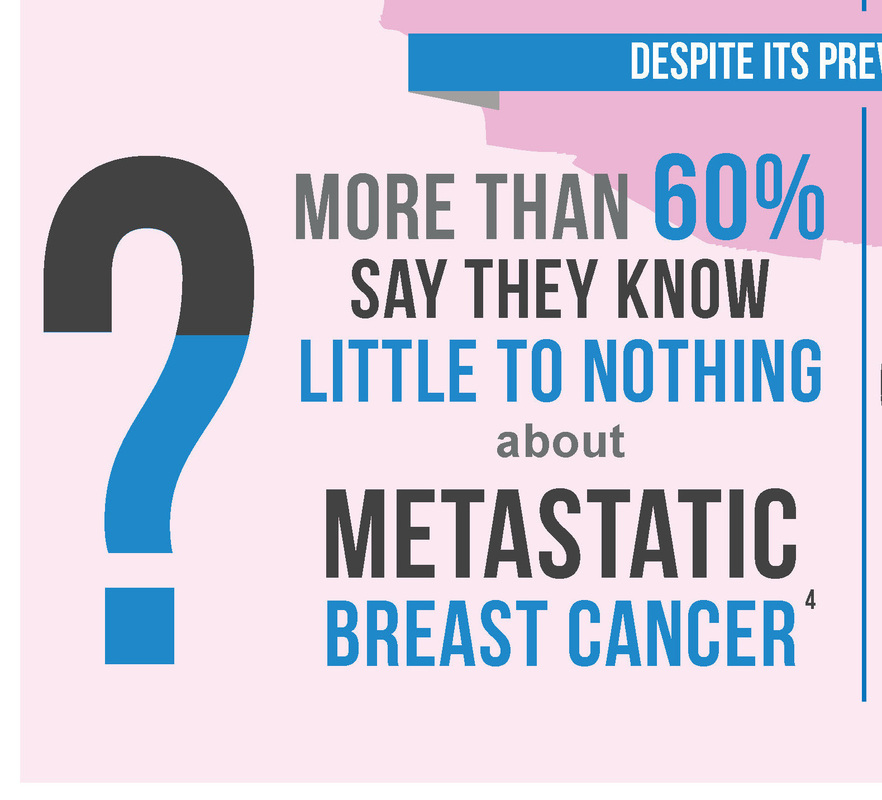
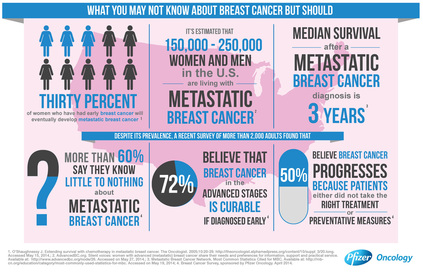
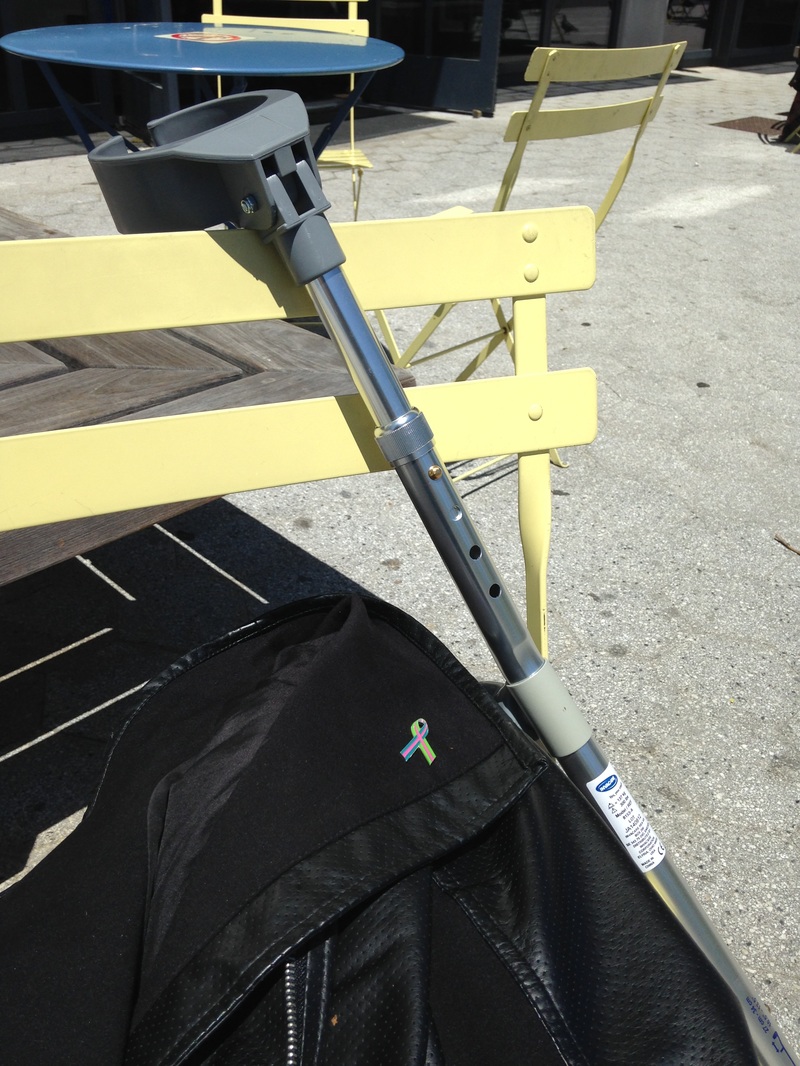
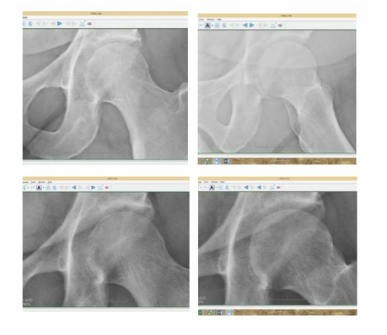
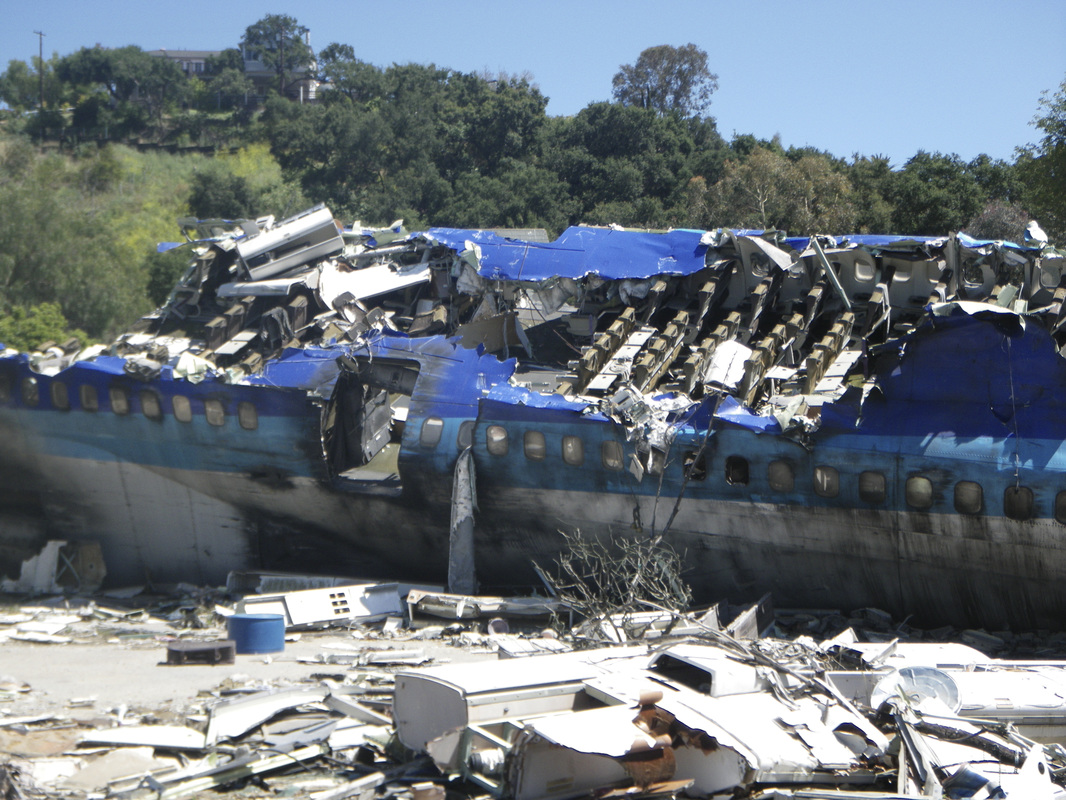
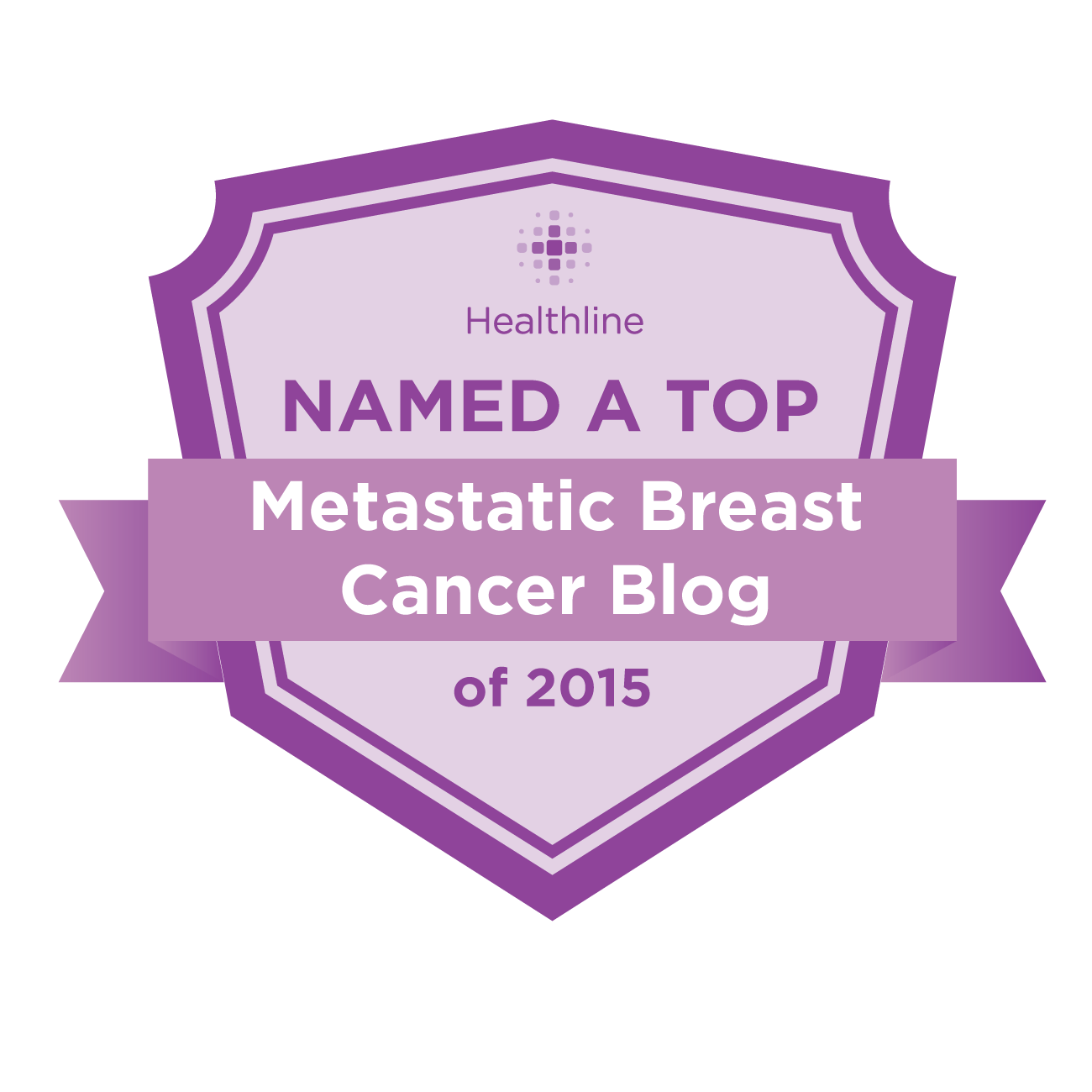
 RSS Feed
RSS Feed
